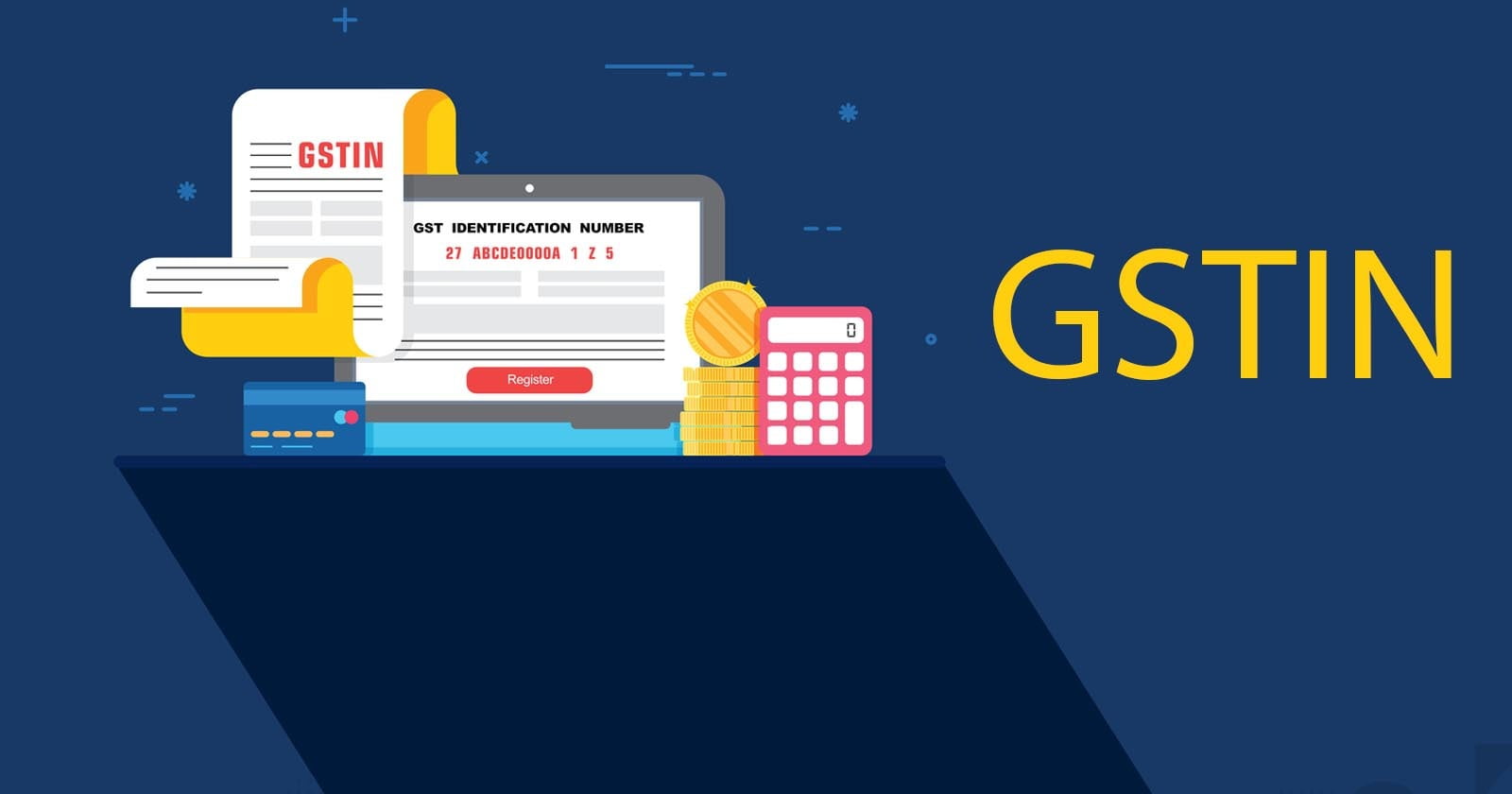No Penalty under GST on Firms for not Displaying GSTIN outside Offices: Punjab SGST

Addressing concerns, the Punjab State Goods and Services Tax (SGST) officials have provided reassurance to traders and industrialists, stating that they will not be penalized with a Rs 50,000 fine if they have not displayed their GST identification numbers (GSTIN) outside their business premises. Senior officials from the department communicated this information to the business community.
Sunil Mehra, the State General Secretary of Punjab Pradesh Beopar Mandal (PPBM), stated, "Recent reports have emerged suggesting that if State GST or Central GST (CGST) teams inspect a business establishment and find that it lacks a signboard displaying its GST number, a penalty of Rs 50,000 will be imposed on the businessmen. While no official order has been issued regarding this matter, these reports caused panic within the industry. To prevent confusion and harassment of businessmen, we decided to approach senior officials at the SGST department. They assured us that they had not made any such decision."
Mehra also urged businessmen to promptly contact PPBM if any official or staff from SGST or CGST threatens them with such a penalty.
He further stated, "We have already reported the names of certain officials who threatened some businessmen with a Rs 50,000 penalty due to the absence of GST numbers displayed outside their business premises to higher authorities."
Parveen Goel, the district president of PPBM, remarked, "Over the past few days, we have received numerous calls and messages from traders and retailers seeking clarification about the authenticity of these reports. We were equally surprised when some field officers were unable to clarify the situation. Therefore, we decided to meet with top officials from the tax department. Now, businessmen can remain calm and avoid unnecessary panic."
According to insider information, around 10,000 fraudulent GST registrations have been uncovered by tax officials in the initial week of the joint operation. The collaborative verification process conducted by the State and Central Goods and Services Tax Authorities exposed cases where fake documents, including electricity bills, property tax receipts, and rental agreements, were used to establish a primary business location for obtaining GST registration. The exact extent of the illicit input tax credit is yet to be determined, but preliminary estimates suggest it surpasses ₹25,000 crores.
Final figures will be available upon completion of the operation. The selection of cases for physical verification was based on data analytics and risk parameters employed by GST Network (GSTN), aiding state and central tax authorities in detecting potential fraudulent GSTINs. However, concerns have been raised by small-scale industry associations, particularly regarding the impact on companies utilizing co-working spaces.
Inter alia, representatives from Forum for Internet Retailers, Sellers, and Traders (FIRST), India, have voiced concerns about GST verification officers demanding physical records and the presence of employees or directors.
Support our journalism by subscribing to Taxscan premium. Follow us on Telegram for quick updates


